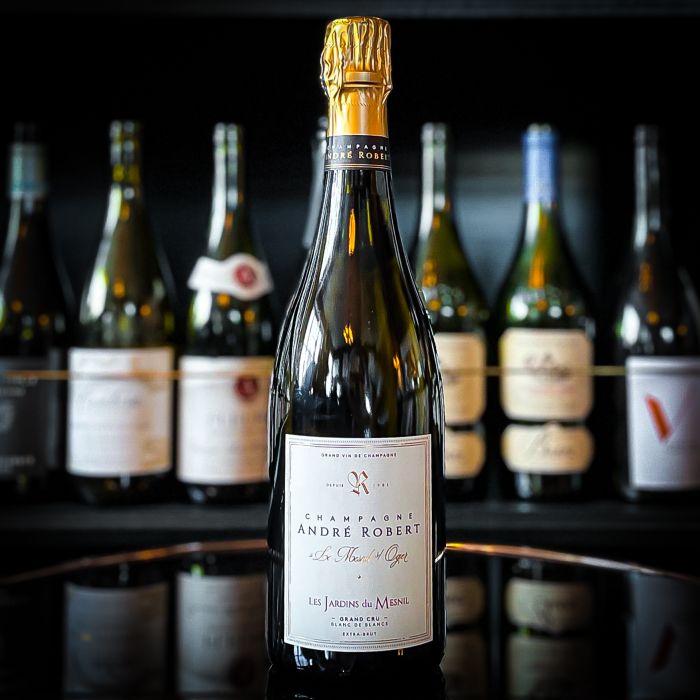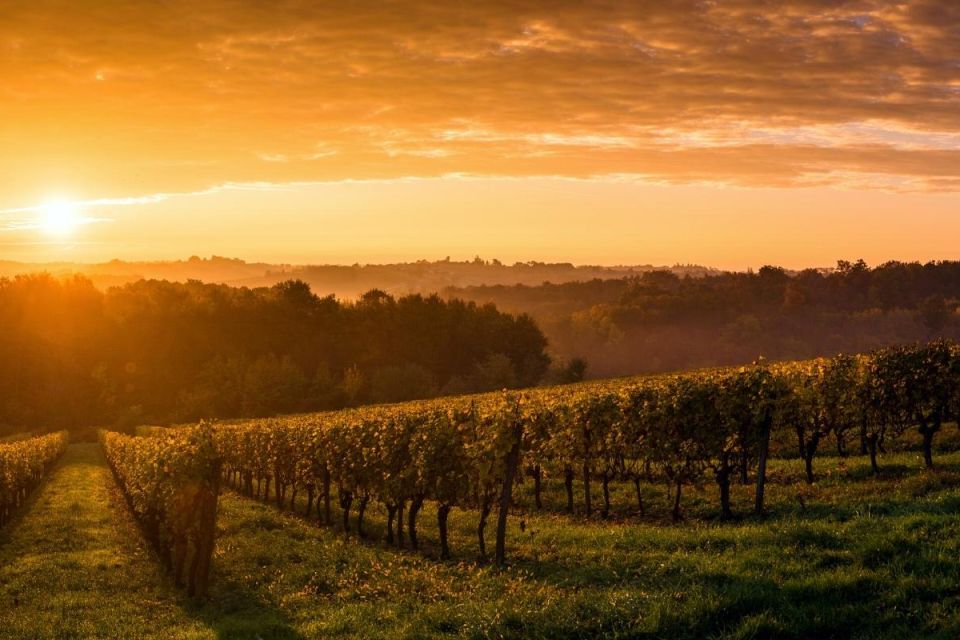Your Mini Basket
Hailing from northern France, Champagne is the most iconic sparkling wine in the world. Producing both white and rosé wines, Champagne is typically a blend of three varieties – Chardonnay, Pinot Noir and Pinot Meunier.
To achieve a consistent house-style, many Champagnes are a blend of base wines from several vintages, referred to as non-vintage. These have been aged for a minimum of 15 months before release and are typically dry with high acidity, notes of apple and light toast/brioche flavours.
Vintage Champagnes are made in exceptional years, and these are aged for a minimum of 36 months. These wines typically have pronounced apple, citrus and biscuit flavours. Special Cuvée Champagnes often are aged for much longer, developing complex, nutty, honeyed notes.



